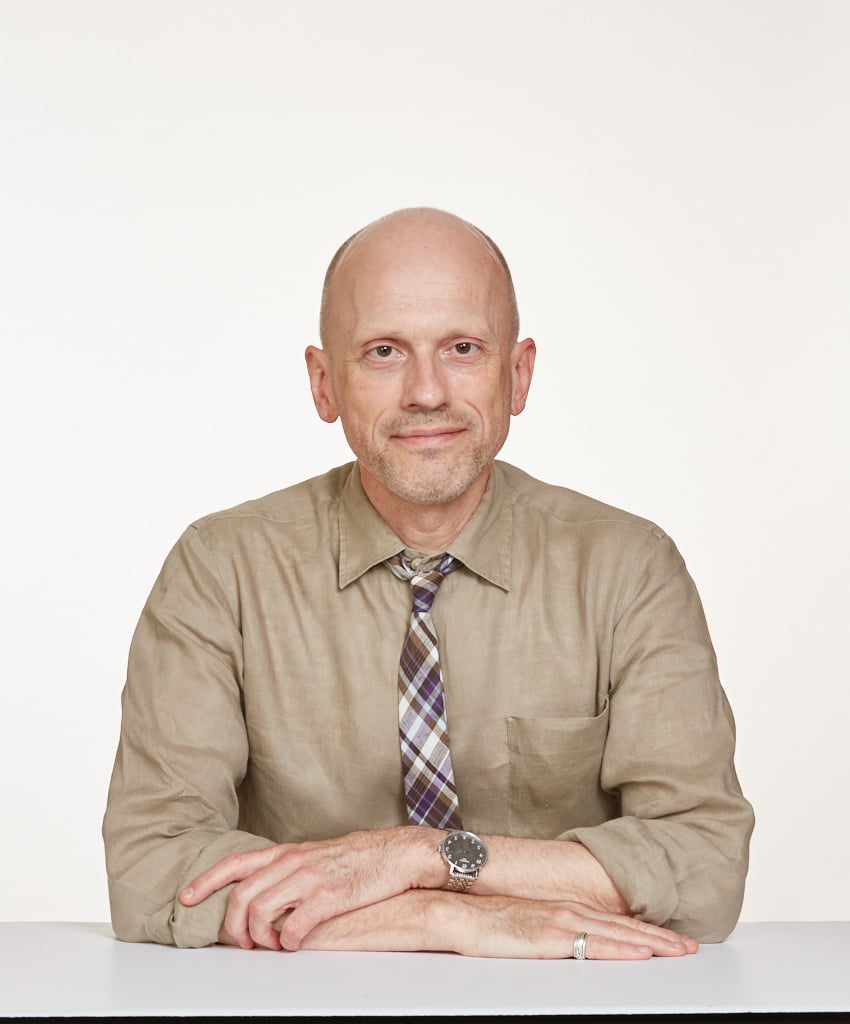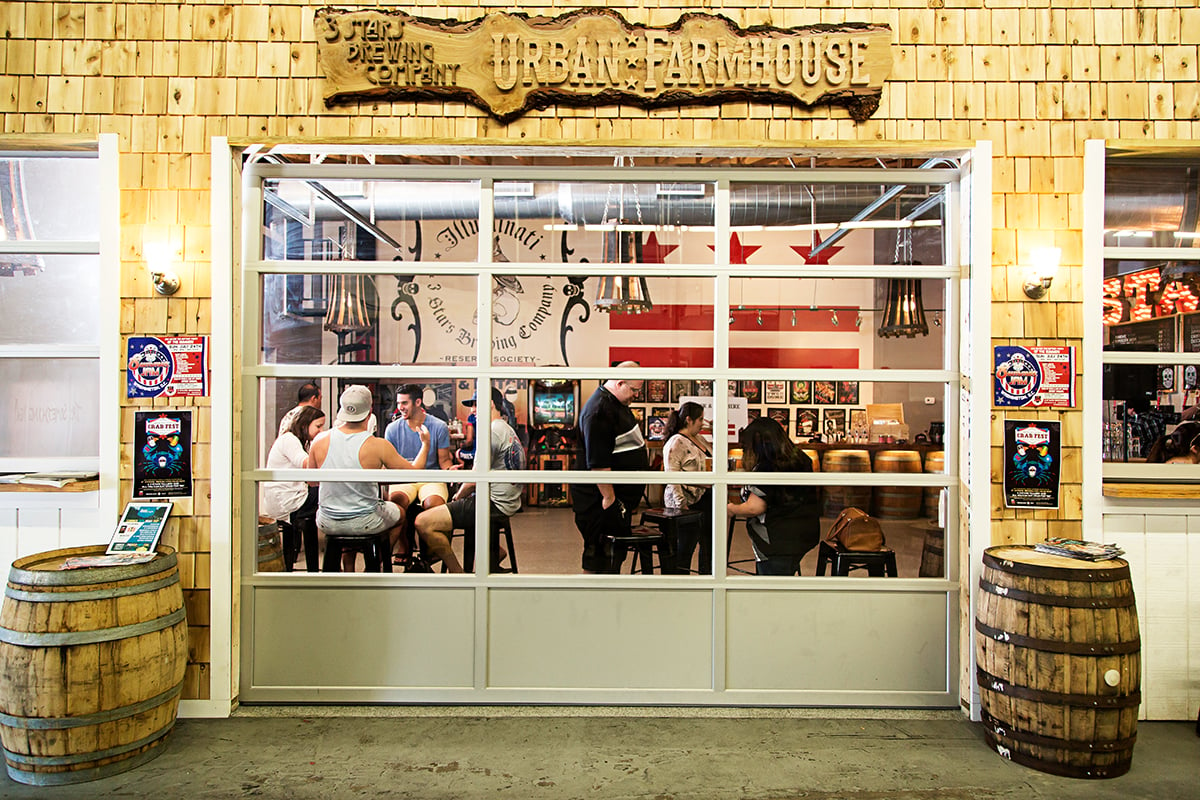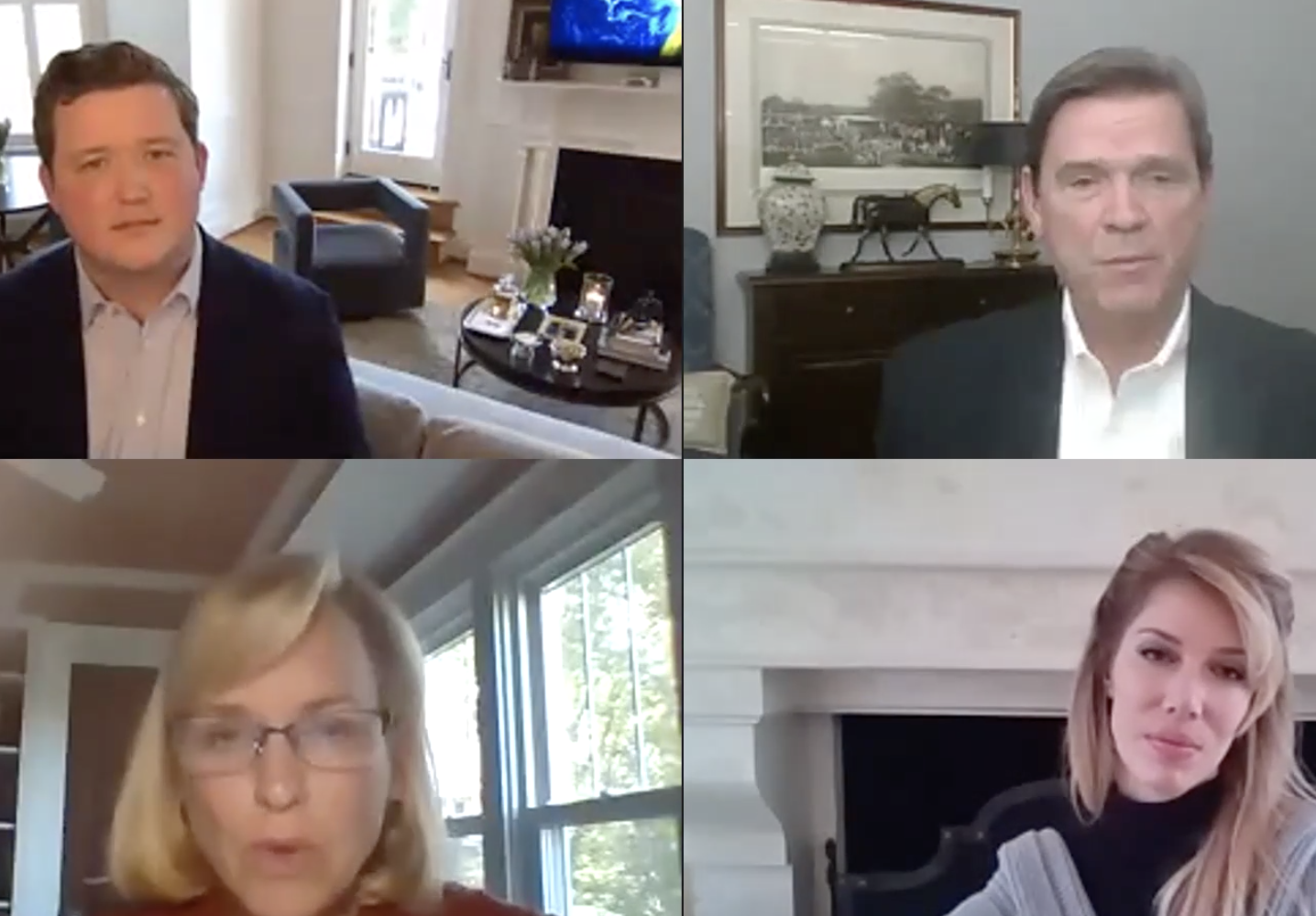DON'T CALL THEM MATH NERDS.
"People have a stereotyped image of mathematicians," Steve Olson says. "We get that from the movies and television and our vague memories of kids we knew in school."
Olson, who lives in Bethesda, writes about what math talent really looks like in Count Down: Six Kids Vie for Glory at the World's Toughest Math Competition. The book, out next month, follows the US team competing in the 42nd International Mathematical Olympiad.
Besides being gifted problem-solvers, these teenagers are athletes, musicians, writers. They have fun, and they have friends.
The book is more about personality and human nature than about numbers and formulas. Olson uses each of the six Americans as a window into one of the attributes he deems necessary for success: insight, competitiveness, talent, creativity, breadth, and a sense of wonder.
"The achievements of the Olympians," he writes, "do not necessarily rest on obscure mental abstractions. They revolve around the much more immediate and pragmatic considerations of how humans make sense of the world."
For readers intimidated by math, Olson gives permission to skip over the details of the few–but challenging–problems discussed. The real story lies elsewhere.
Part of that story for Olson–whose last book, Mapping Human History: Genes, Race and Our Common Origins, was a National Book Award finalist–is the way math is taught in US schools.
"One of the differences between math competitions and math classes," he says, "is that competitions are always fun–kids are having a good time. That's not the impression that most middle- and high-school kids have of their math classes."
The father of a seventh-grader and ninth-grader as well as a math-team coach at Bethesda's Pyle Middle School, Olson believes in bringing aspects of competitive problem-solving into the classroom.
"Kids sometimes enjoy being given a hard problem they have to work on for a while," he says, "as opposed to a procedure they're expected to solve within 10 or 20 seconds."
Tucked away on the book's acknowledgments page is a criticism of Montgomery County for withdrawing support for middle-school math competitions. The programs are now run on a volunteer basis by teachers and parents.
"School systems have pressing needs to provide a quality education for students who need help," Olson elaborates, "but that doesn't mean they should ignore students who don't need help, like these kids who are good at math.
"If these competitions did not exist, many of these kids–who, after all, are the scientists, engineers, physicians, lawyers, and stockbrokers of the future–would not get interested in math. These are remarkable kids who go on to do remarkable things. They don't just become mathematicians."
It's not only about these kids' future, he says, but their present: "They realize they're not alone. Without these clubs and competitions, they might never find that out."
Thanks, Mom
"FROM EARLY, EARLY ON, I WAS INTO ALL these fad diets because I was always in competition to get as thin as my mom. My mother went through this phase in her fifties where she was anorexic. I was in high school, and I remember distinctly her saying to me one time, 'Hey, I got these new things called Dexatrim. They say you're supposed to take them with water, but there's water in coffee, so why don't we have some coffee and take a Dexatrim?' So we were speeding our brains out and cleaned the entire house, and it didn't dawn on me until years later that, my God, we made a speedball."
–from Virgin Territory: Stories From the Road to Womanhood by DC writer Cathy Alter. The just-published book is a collection of stories like this one from women, as well as Alter's own memories, about firsts in their lives.
What Else Is New
TWO THRILLERS BY LOCAL AUTHORS arrive this month:
Hard Revolution by Silver Spring's George Pelecanos is set just before and during DC's 1968 riots. Private investigator Derek Strange, the hero of several other Pelecanos novels, appears as a rookie cop. Shadow Account by McLean author Stephen Frey switches between New York and Washington to tell of a Manhattanite hunting for his girlfriend's killer amid corporate intrigue.
A Year and a Day, the second novel by Alexandria's Leslie Pietrzyk–her first was Pears on a Willow Tree–is about a 15-year-old girl coming to terms with her mother's suicide. The book, out this month, will be the Washingtonian Book Club's April selection. Go to www.washingtonian.com to find out more.
The Wrong Doyle by DC novelist Robert Girardi is about a womanizer with a string of colorful ancestors who inherits a mini-golf course and a bar in Tidewater Virginia.
Rick Atkinson, who won Pulitzer Prizes as both reporter and author, has turned his last Washington Post assignment into In the Company of Soldiers: A Chronicle of Combat.
Ken Silverstein, a reporter in the Washington bureau of the Los Angeles Times, has written The Radioactive Boy Scout: The True Story of a Boy and His Backyard Nuclear Reactor. It's a nonfiction account of a 15-year-old science prodigy with too much time on his hands.
Martha Tod Dudman's previous memoir, Augusta, Gone, recounted her turbulent relationship with her teenage daughter. In Expecting to Fly: A Sixties Reckoning, she recalls her own turbulent adolescence in Washington.
You won't find Justice William H. Rehnquist rehashing the Supreme Court's role in the 2000 election, but he looks back on another in Centennial Crisis: The Disputed Election of 1876. That's the one that put Rutherford B. Hayes in the White House.
Potomac author Jan Pottker, whose last book was about Jackie Kennedy and her mother, takes on Sara and Eleanor: The Story of Sara Delano Roosevelt and Her Daughter-in-Law, Eleanor Roosevelt.
Celebrity biographer Laurence Leamer's latest is Sons of Camelot: The Fate of an American Dynasty. It focuses on Joseph P. Kennedy's sons and grandsons.
Peter Singer, an ethicist known for his writing on animal rights, turns his eye on The President of Good and Evil: The Ethics of George W. Bush.
George Bush's right-hand woman, Karen Hughes, writes about her decision to return to Texas in Ten Minutes From Normal.
April Showers
THE BUSHES: PORTRAIT OF A DYNASTY BY Peter Schweizer and Rochelle Schweizer is a multigenerational biography.
Farewell, Jackie: A Portrait of Her Final Days by former New York Times Magazine editor Edward Klein is about the end of Jacqueline Kennedy Onassis's life ten years ago.
Historian Geoffrey Perret examines Lincoln's War: The Untold Story of America's Greatest President as Commander in Chief.
Find out what's been on Senator John McCain's mind in Why Courage Matters: The Way to a Braver Life–thoughts on courage and stories of bravery, written with Mark Salter.
The Billion Dollar BET: Robert Johnson and the Inside Story of Black Entertainment Television by Forbes senior editor Brett Pulley looks at the DC-based cable network's founder.
Bethesda writer Alexandra Robbins–whose Secrets of the Tomb was about Yale's Skull and Bones society–goes behind the scenes again in Pledged: The Secret Life of Sororities.
A Hole in Texas is a satire by octogenarian Herman Wouk (The Caine Mutiny, The Winds of War) about NASA, Capitol Hill, and the media.
"You've Got to Read This"
WASHINGTON WRITER AZAR NAFISI'S READing Lolita in Tehran: A Memoir in Books recounts her experiences teaching The Great Gatsby and other forbidden novels to young women in Iran. We asked her to recommend a novel she's read lately:
"I just finished Apprentice to the Flower Poet Z., a first novel by the young writer Debra Weinstein. Anyone who appreciates poetry and has a sense of humor would enjoy it. Weinstein has woven her passion for poetry into an entertaining and insightful story about a young apprentice to a famed poet."



















